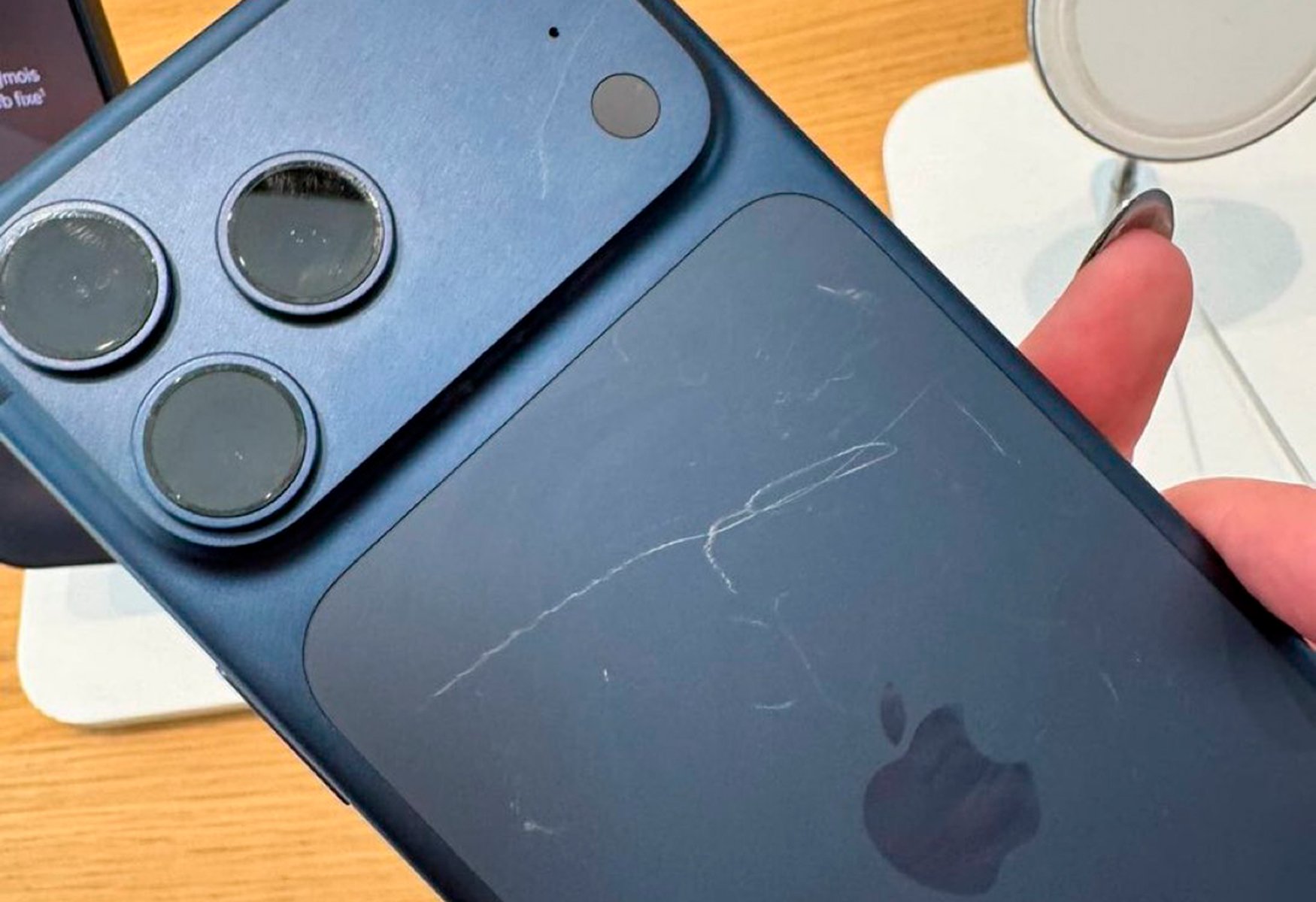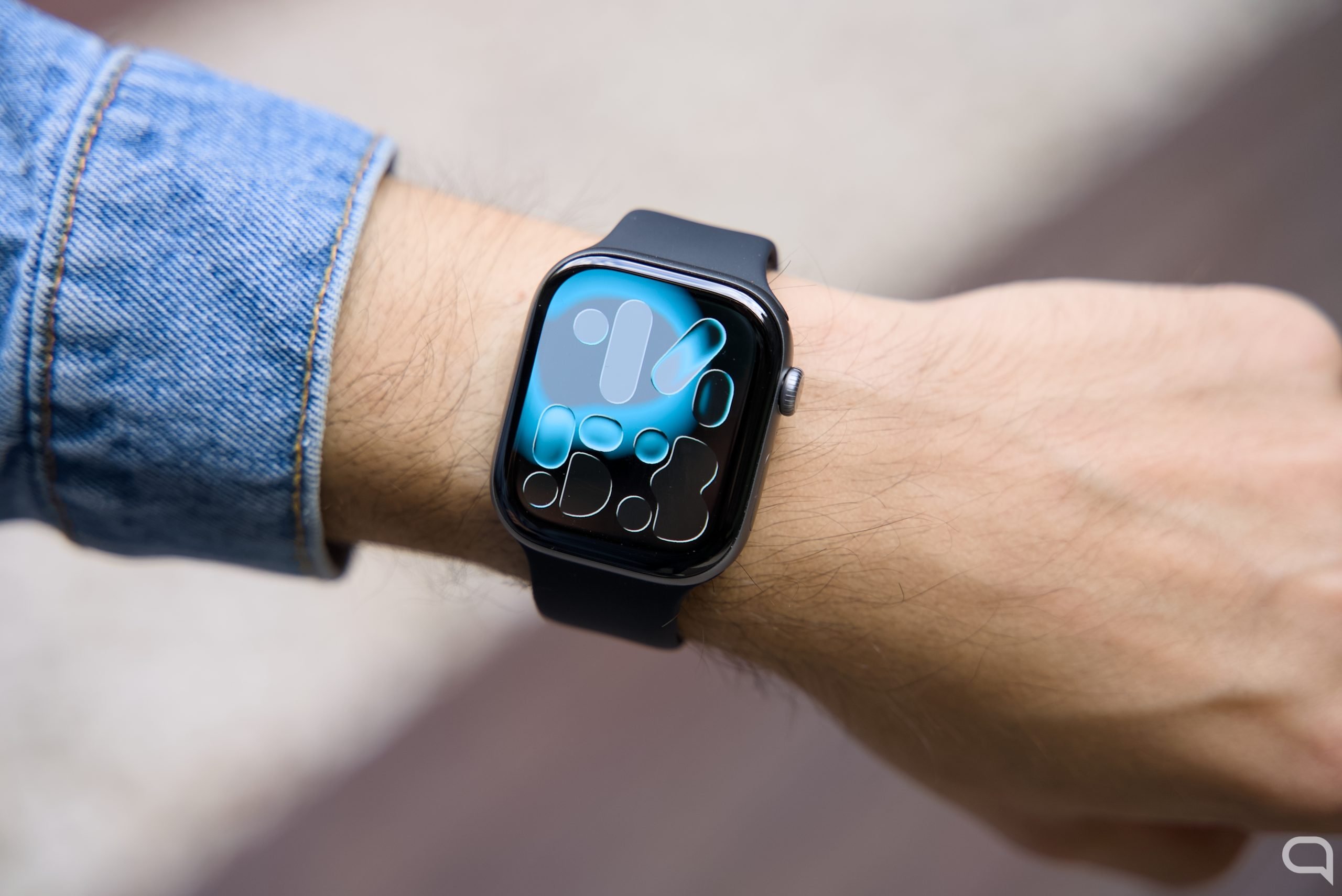We all want be aware of. who wouldn’t want to have latest model from your TV, phone, game console, tablet or computer. But this has a price. The average service life of such devices usually exceeds launch of new models. But those who choose to continue using the old model are sometimes forced to change it. Google wants to change this with Flexible version of Chrome OS. How will this affect Linux?
Updating an app or operating system is no secret. Today, this process is quick and easy. And most of the time it’s free. But with the device itself, everything is not so. You must pay for the electronic components on which the software runs. And sometimes the software works in one direction and the hardware in the other. Or, in other words, how many computers or smartphones are used outdated or obsolete software Why can’t I install a newer version?
Google has long stop being a seeker or set of services. Nowadays, it not only has a huge catalog of applications. This is something that its catalog of operating systems is also intimidating. From Android, it’s on TVs, phones, cars, and all sorts of mobile devices. And with Chrome, or rather, with Chrome OS, he made the leap to computers. Now he wants to open the season Anyone can install Chrome OS on your own computer instead of buying a Chromebook. And while the idea is good, everything has its own dark side or not-so-flattering second reading.
Browser war
There is currently fierce competition over who controls the browser you use on your devices. It is the most used application that opens the doors of the Internet. There you look for things, find shops to buy, services to contract… And in this brutal war, Google Chrome is king. Lonely apple safari it casts a shadow over it thanks to the Apple ecosystem. And in the distance Mozilla Firefox It’s still there, far from what it once was.
Other modern browsers based on the Google Chrome engine, which is why Chrome is even inadvertently taking over the market. It has become the de facto standard browser that Internet Explorer once was. Other wars are going on in parallel to see who stays with the hegemony. Or were. At that time there was a war mobile operating systems. Defeated Android, Google. Apple maintains its share of the closed ecosystem pie, and big companies like Microsoft are falling along the way (with Windows Mobilefirst, phone with Windows operating systemlater) or RIM, owner blackberry.
D on the tablethe war remains at low intensity. Windows still dominates in computer. Apple has its share of the market with macOS. And the rest of the operating systems, such as derivatives of Linux and UNIX, remain in certain sectors, such as supercomputers, servers, or embedded devices. But years ago there is another competitor, again Google with its Chrome OS. Until now, limited to pre-installed hardware. But in 2020, Neverware was acquired. With this purchase, Google has taken over CloudReady, a service that allowed Chrome OS to be installed on any computer. Hence what we now know as Chrome OS Flex.

What is Chrome OS Flex?
Flexible version of Chrome OS it’s a limited version of Chrome OS, reminiscent of what it was in its early days. An Linux with a minimum of elements, desktop, media player and file manager, and is focused on the Google Chrome web browser. From there, everything we want to do in Chrome OS Flex is related to cloud applicationssomething that many of us are used to with names like Trello, Slack, Zoom, Google Drive, Word, etc.
At the moment, Chrome OS Flex is a version easy of what is Chrome OS today. We won’t find support for Google Play or Android apps in general, it’s not possible to run virtual machines with Parallels… Desktop operating system for browser use. Hence them requirements fit for old computers.
If you have a PC with 4 GB of RAM, 16 GB of disk space and the ability to boot from USB, this is a good candidate for be able to install Chrome OS Flex. As for the processor and video card, the official help says that components must not be before 2010. Old, user experience will be affected. However, it states that Intel GMA 500, 600, 3600, and 3650 graphics are not supported.

Opportunities and Threats for Linux
What means android for linux? First, it is the Linux operating system. But every time it became more closed system. Hence projects such as CyanogenMod, which started with tweaking Android ROM and is now a standalone system. Lineage OS. But it does not have the necessary support from device manufacturers and brands. Moreover, when manufacturers like Huawei or Xiaomi decided to move away from Google and Android, in response they developed their own Android, Harmony OS (Huawei) and MIUI (Xiaomi).
On the positive side, Linux has achieved expand your application catalog thanks to the Android integration that allows many Linux distributions to install applications and even use Google Play with more or less stability thanks to projects such as Unbox.
However, Android never wanted to be a direct competitor to Linux. But with Chrome OS, things were different. Instead of buying a Linux PC, which is becoming more and more common, for several years now you have been able to purchase a Linux PC that integrates Google’s application ecosystem, the so-called Chromebooks. And with Chrome OS Flex, you can install it on your computer yourself. So, from a Linux point of view, can be seen as an opportunity expand the Linux domain, no matter what name or what company leads it. Something like what happens with Steam OS. Thanks to Valve, there are more and more games for Linux, even if it’s through software emulation. Proton. SteamOS is also Linux. But we can see him as friend or foe.

eternal alternative
For better or worse, Linux has always been an alternative. Windows and macOS have always been the first and second choice if you wanted to own a computer. And Linux is an alternative, the answer to those who are looking for something else. For example, for many years, Linux distributions designed for work on outdated equipment. From minimalist distributions like Basic Linux, damn little Linux, tiny Linux or PuppyLinuxwhich take up less than a gigabyte and which do not work on older computers are the following.
On the other hand, there were light versions one of the most popular distributions with desktops requiring less demanding hardware. So you get pretty much the same features on a non-latest generation PC.
We will have to see what google strategy. Everything points to Chrome OS Flex as the gateway for those who want to try Chrome OS but don’t want to buy a Chromebook. And we can’t rule out that over time, Chrome OS Flex will look more and more like adding Android support.
for those who want personalize your experienceadapt the operating system to your needs, not the other way around, or control Privacy & Security instead of being dependent on the changing politics of a giant like Google, we will always have dozens of Linux distributions at our disposal that are more than up to par with any task we perform on a PC. Unfortunately, this level of customization will always be limited to a smaller niche compared to the average user who will bet on simpler solutions like the ones offered by Google. Add to this the dependence on Google that so many of us suffer from, whether we like it or not.
Source: Hiper Textual













